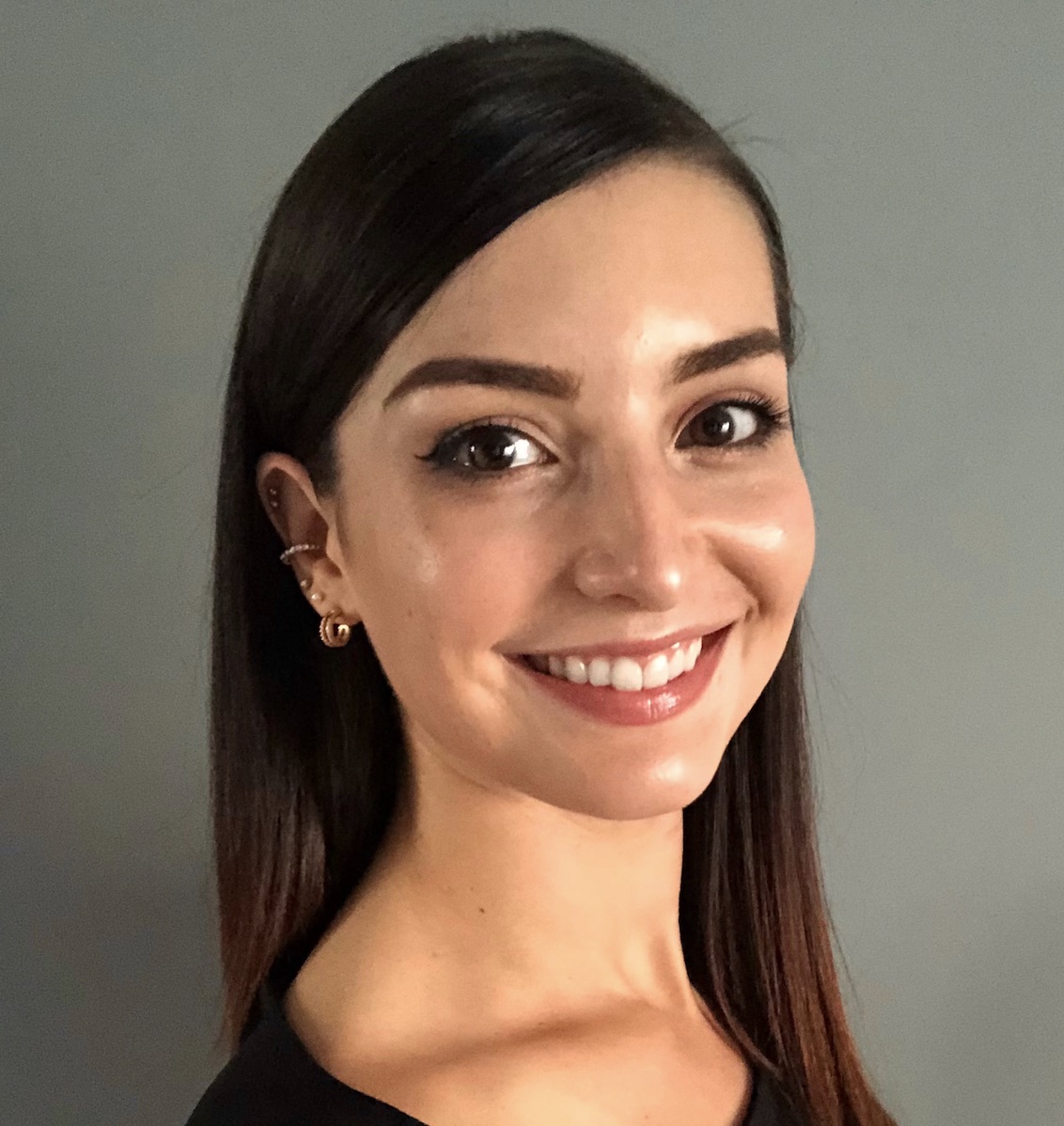‘I completely fell in love with the career’
17 November 2020

What is the degree you're receiving this fall? What are your former degrees (and where are they from)?
The degree I’m receiving this fall is a Master of Science in Speech-Language Pathology. I also have a BA in Linguistics and Psychology from the University of Alberta, as well as a BA Honours in Dance from the University of Winnipeg.
What drew you to the area of your study and why are you passionate about it?
While I was training as a professional dancer, we started performing and working with inner-city schools in Winnipeg. Inspiring students through dance ignited a passion in me for teaching and working in a collaborative environment to help individuals meet their goals. I continued to work with schools as an independent artist and encouraged all students to participate, especially students who had never danced before or students with disabilities. This connected me with the support staff, including the school speech-language pathologist (SLP). I completely fell in love with the career and started shadowing her.
I am passionate about speech-language pathology because we are an integral part of the therapy team. Working with someone to help improve their speech, language, communication or swallowing requires a balance of trust, vulnerability, specialized knowledge and training, compassion and empathy.
Why did you choose the University of Alberta’s Faculty of Rehabilitation Medicine?
The University of Alberta stood out as having a strong reputation for graduating students with both high academic standing and strong clinical skills. I also learned of the extensive research produced by the faculty, and I was drawn to the in-house clinic setting of the Faculty of Rehabilitation Medicine.
What is the most remarkable thing you learned while you were a student?
Witnessing and learning from faculty who are so passionate about their work and the field itself. This passion, as well as their willingness to support us as future clinicians, inspired me to pursue future PhD studies. Also, the cadaver lab was a very remarkable experience — it was pretty incredible!
What was/were your favourite work placement(s) and why?
I had two main goals that I wanted to achieve: a placement with the Institute for Stuttering Treatment and Research (ISTAR) and a placement within a rural community. I was extremely thankful to work with both the Peace River Community Health Centre and ISTAR.
In Peace River, I had a mixed caseload of preschool and adult clients in inpatient, outpatient, long-term and acute care settings. I loved the variety and individuals that I was able to work with. I also loved collaborating daily with other professionals (occupational therapists, physiotherapists, social workers, nurse). I learned the importance of collaboration among professionals, clients and families, and how this ensures we are working towards the highest quality of care. It also facilitates a strong sense of community.
With ISTAR, I worked with adult clients and learned specialized skills pertaining to stuttering assessment and treatment. I also learned how to effectively apply those skills to demonstrate effective counseling in a clinical context and how to deepen my understanding of the stuttering experience and subsequent treatment from clients’ perspectives. This was extremely important to me as I want to be able to assist all individuals with fluency disorders and advocate for them throughout my career.
Did you face any significant challenges, and if so, how did you deal with them?
I struggled a lot with imposter syndrome and feeling self-conscious that I was never academically adequate. I almost didn’t graduate high school because of my learning challenges, but throughout my journey to becoming a speech-language pathologist this motivated me to work even harder. This also turned out to be a huge blessing in disguise, because I can empathize with how difficult and draining it can be to learn certain material that may seem straightforward to others. It inspired me to dedicate time to investigating my clients’ learning style and what works for them as part of my SLP services.
How did you manage the challenges of navigating student life under COVID-19 restrictions and remote learning?
I kept busy! I worked on a clinical project with Alberta Health Services (AHS) to compile upskilling resources for SLPs in acute and critical care. I was also able to complete my ISTAR placement remotely, which allowed me to be the subject of research as a student-clinician exploring this method of online service and teaching delivery of stuttering treatment.
I was also very thankful to be a part of the first virtual Alberta Aphasia Camp as a lead SLP volunteer, which also provided me with a strong sense of community and connection during COVID-19 restrictions.
What are you doing now? What is next for you? What are your long-term goals and aspirations?
Currently, I am looking for work as a speech-language pathologist and finding opportunities to develop my clinical skills and experience. I want to gain more clinical experience before I delve into PhD studies, in order to have a clear focus of what I want to achieve and who I want to help. I would love to pursue work that bridges the gap between the academic and clinical worlds while remaining client- and family-centered.
What piece of advice do you wish someone had given you when you started your graduate degree in CSD?
No matter how different your journey might be compared to other members of your cohort, it is yours and provides you with your own unique gifts and strengths. Take time to investigate and understand your purpose. This is the key to your “why” when challenges arise. It will keep you going and help you see opportunities in every situation.